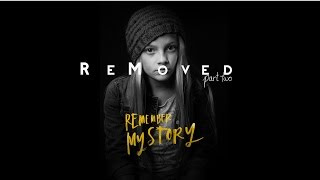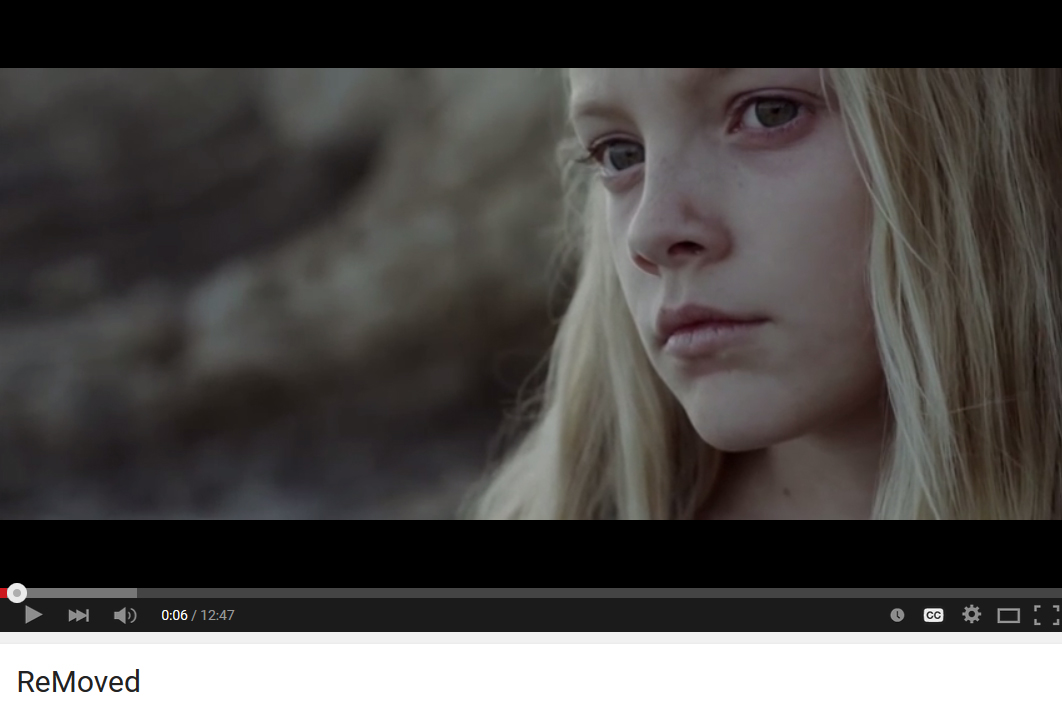By Tammi Pitzen, Executive Director of the Children’s Advocacy Center of Jackson County
When I was a caseworker I was often asked why I did what I did. How could I stand to see the pain and sorrow of small children on a daily basis? How could I see the struggling parents trying to do the best they could, even when the best they had to offer was not safe enough?
When others saw tornadoes, I saw stars. I was not alone. I was not special. There were many who came before me and many who came after me. This blog is not about me but about the global need for tolerance and understanding in a world of tornadoes.
I never could articulate an answer that seemed to satisfy the question. I can only tell you, if you listen close enough, the answer is in the tornado.
There is much pain in the life of a foster child. There is pain caused by the abuse. There is pain caused by the fact that the abuse is at the hands of someone who they love and by someone who is supposed to love them. And, if we are all honest, there is pain caused by the system that is trying to keep them safe.
Today as we begin to move our focus towards the celebration of independence and freedom, I want to challenge you to not forget those who are not free. Those who might not be fighting on the battlefields, but certainly fighting to stay alive…fighting to find peace…fighting to find safety.
I ask that you find it in your heart to find tolerance. To find compassion. Many of you are saying, “Of course!” “Of course I will give peace to an abused child.” “Of course I will not add to the pain of an abused child by denying compassion, empathy and acceptance.”
Remember that these children are sometimes in the whirl of the tornado. You will not see the child begging for help (at least not every time).
They may be the child who is throwing a tantrum. They may be the aggressive child. He may be the child constantly standing outside the principal’s office because he just can’t keep it together. It will not always be the child saying thank you, but might be the child telling you to go jump in the lake — using much more creative language than I choose to use here.
We cannot begin to understand the life of a foster child unless that is a life we have lived ourselves.
I am sharing a video. It is part two. I shared part one when it came out. Take the time to hear her story. It could help you to really make a difference in the life of a child. If you are a professional in the field, watch it all.
Remind yourself of the breathtaking job you have undertaken. Look for the stars.

